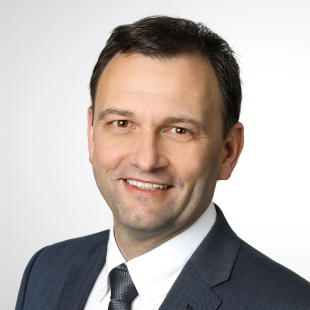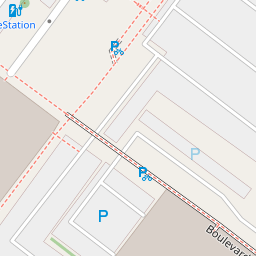
Contact and Affiliations
- E-Mail:
- sauer@uni-paderborn.de
- Phone:
- +49 5251 60-6820
- ORCID:
- 0000-0003-3084-0409
- Web:
- Homepage
- Social Media:
- Office Address:
-
Zukunftsmeile 2
33102 Paderborn - Room:
- ZM2.A.03.74
- Office hours:
on appointment
- E-Mail:
- sauer@uni-paderborn.de
- Phone:
- +49 5251 60-6820
- ORCID:
- 0000-0003-3084-0409
- Web:
- Homepage
- Social Media:
- Office Address:
-
Zukunftsmeile 2
33102 Paderborn - Room:
- ZM2.A.03.74
- Office hours:
on appointment
About Stefan Sauer
Curriculum Vitae
Since 02/2023: Professor "Human-Centered Software Engineering"
Publications
Latest Publications
Developing a VR Factory Walkthrough for Use in Schools
S.C. Krings, E. Yigitbas, S. Sauer, in: Proceedings of the 10th International Working Conference on Human-Centered Software Engineering (HCSE’24), 2024.
Digitizing Processes in Manufacturing Companies via Low-Code Software (to appear)
N. Weidmann, J. Kirchhoff, S. Sauer, in: Springer, 2023.
Self-Adaptive Digital Assistance Systems for Work 4.0
E. Yigitbas, S. Sauer, G. Engels, in: B. Vogel-Heuser, M. Wimmer (Eds.), Digital Transformation: Core Technologies and Emerging Topics from a Computer Science Perspective, Springer-Vieweg, 2022.
Situational Development of Low-Code Applications in Manufacturing Companies
J. Kirchhoff, N. Weidmann, S. Sauer, G. Engels, in: Proceedings of the 25th International Conference on Model Driven Engineering Languages and Systems: Companion Proceedings, ACM, 2022.
Distributed merchandise management system
T. Göllner, J.-H. Schwarz, S. Gottschalk, S. Sauer, (2021).
Show all publications
Further Information
Research Interests
Research Topics
- Software processes and development methods, situational methods, standards such as RUP, V Model XT, CMMI
- Software and system modeling, model-based and model-driven software development
- Modeling languages for software and systems engineering, e.g. UML, SysML, BPMN etc.; design of domain-specific languages (DSL)
- Method engineering, systematic development of situational model-based software engineering methods, method architecture, use of metamodeling and software process modeling, standards such as OMG SPEM, ISO 24744
- Human-centered software engineering, development methods for interactive and multimedia systems, integration of software engineering and human-computer interaction (HCI)
- Requirements engineering, requirements specification, requirements management, functional and non-functional (quality) requirements
- Software modernization, software-lifecycle management, combination of reverse- and roundtrip engineering methods, modeling, and testing
- Continuous software quality management, software testing and quality assurance, constructive and analytical methods for software quality, quality gates



















